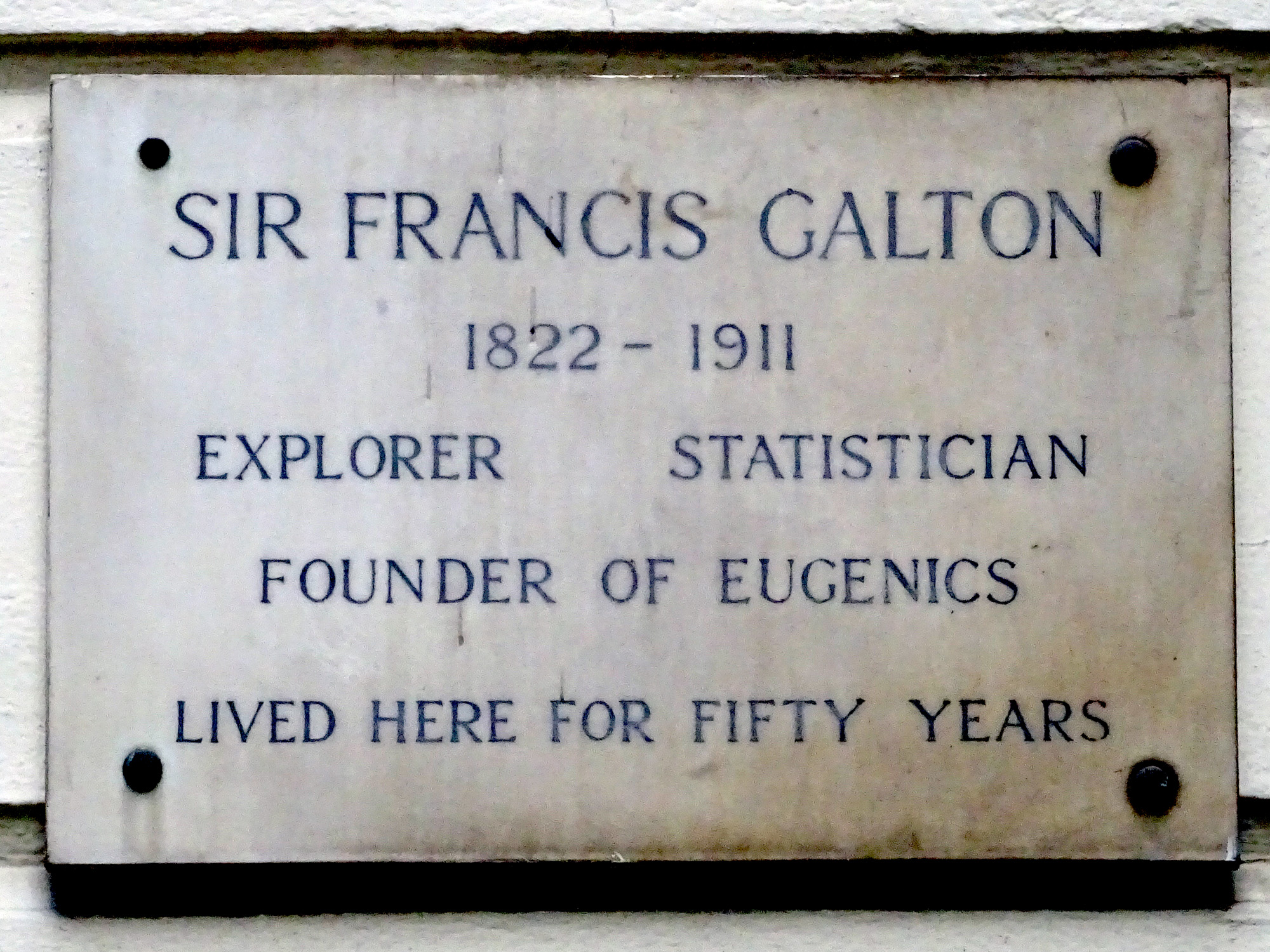
Nature’s mea culpa for promoting eugenics
Earlier this year, the world’s leading science journal, Nature, and its companion journals embarked upon a campaign to purge from their pages discrimination and inequality of all kinds. A number of editorials have appeared explaining how the new emphasis on diversity, equity and inclusion will work without detriment to scholarship and free speech.
In the latest instalment Nature apologises for publishing many harmful and hurtful items, especially articles by Francis Galton, the intellectual father of modern eugenics.
Among these harmful items, the articles from Galton stand out. Although Nature was not his primary publisher, it was an important one that spread and legitimized his ideas. Galton argued that humanity could be improved by selectively breeding what he called the most worthy, intelligent, talented people. In 1904, Nature published a paper in which he claimed to assess the “distribution of successes and of natural ability” in family members of fellows of the UK Royal Society, and concluded that “exceptionally gifted families must exist, whose race is a valuable asset to the nation”.
Eugenics was the dernier cri in science and public policy in the late 19th and early 20th century. Nature tagged along.Its second editor, Richard Gregory, who led the journal from 1919 to 1939, was an ardent supporter of eugenics and a staunch believer in the superiority of Western culture. In an editorial written in 1921 he stated that “the highly civilised races of Europe and America have centuries of development behind them” and that “the less advanced races, even of parts of Europe, such as the Balkan Peninsula, are not likely to assimilate these ideals for some time to come”.
Nature also expresses its contrition for its former “imperiousness, imperialism, sexism and racism”. It says that “There are numerous other examples in which Nature published offensive, injurious and destructive views, cloaked in the veil of science” – even anti-semitism.
As late as 2017, says the editorial, Nature published an offensive article which demonstrated how much its staff had to learn. It contained such tendentious sentences such as:
Defenders of controversial historical figures argue that they should be judged by their achievements rather than by modern norms.
Erasing names, however, runs the risk of whitewashing history.
Breast-beating for past sins is a thoroughly cathartic experience. However, the present soon becomes the past. The more interesting question is whether Nature will have to apologize for any of its current attitudes. “Imperiousness” is not a failing which is eradicated as easily as eugenics.
